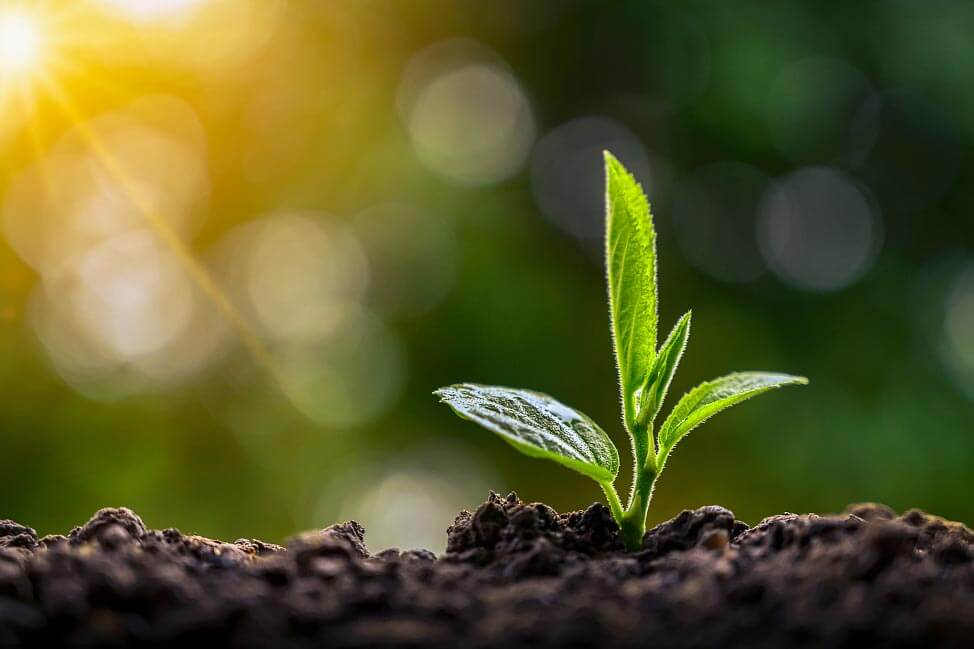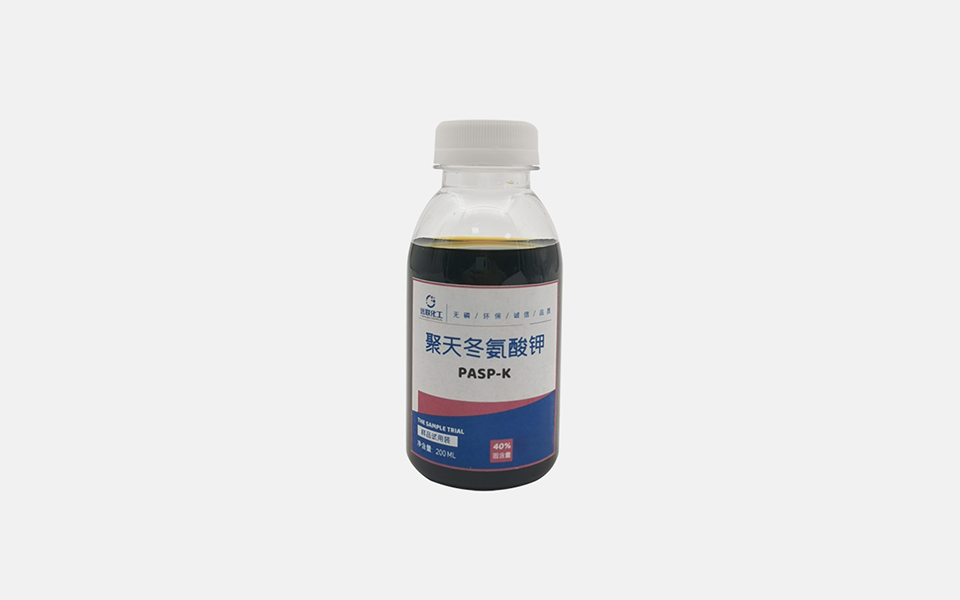
The usages of Polyaspartic acid (sodium) PASP
I. Polyaspartic acid (sodium) PASP: a new type of green and efficient water-soluble fertilizer synergist
Polyaspartic acid (sodium) PASP, as a new type of green chemical, has gradually entered the agricultural field with its high efficiency and environmental protection characteristics. According to research, PASP can increase fertilizer utilization by 20% and reduce the use of chemical fertilizers by 30%. In practical applications, PASP can chelate with a variety of trace elements to form a stable complex, effectively preventing nutrient loss, and is particularly suitable for drip irrigation and flushing fertilization. For example, in arid areas, by adding water-soluble fertilizers with PASP, the drought resistance of crops can be significantly improved, root development can be promoted, and overall yield can be increased.

II. The significant effect of PASP in saline-alkali land improvement
Saline-alkali land is a major obstacle to agricultural production. Data show that about 1 billion hectares of land in the world are affected by salinization. PASP can effectively reduce soil salinity by adjusting soil pH and improving soil structure. Studies have shown that after the application of PASP, the soil salt content of saline-alkali land can be reduced by 15%-20%. In a certain saline-alkali land planting test area, the wheat germination rate increased by 30% on the soil treated with PASP, the plants became stronger during the growth cycle, and the final yield increased by 25%. This data fully demonstrates the great potential of PASP in saline-alkali land improvement.
III. Application of PASP in aquaculture
The aquaculture industry faces the problems of deteriorating water quality and frequent diseases. As an environmentally friendly water treatment agent, PASP is widely used in the purification and disease prevention of aquaculture water bodies. Data show that PASP can effectively remove heavy metal ions and organic pollutants in water bodies, and improve the transparency of water bodies by 40%. In a certain shrimp farm, after regular use of PASP to treat water bodies, the ammonia nitrogen content of the water body decreased by 30%, the nitrite content decreased by 40%, and the survival rate of shrimp seedlings increased by 20%. These data show that PASP has significant advantages in ensuring the safety of aquatic products and improving aquaculture benefits.
IV. Environmentally friendly characteristics of PASP
Traditional chemical additives often bring environmental pollution problems, while PASP has attracted much attention due to its good biodegradability. Studies have shown that PASP can be completely degraded in the natural environment within 15-30 days without residual pollution. In addition, the PASP production process uses green and environmentally friendly technology, with low energy consumption and low carbon emissions. For example, after a large fertilizer plant introduced the PASP production process, it reduced carbon emissions by about 10,000 tons per year and saved 20% of water consumption. This environmentally friendly feature gives PASP a broad market prospect in the context of global advocacy of green development.

YUANLAIN CHEMICAL is a leading manufacturer of Polyaspartic acid (sodium)/PASP. Any needs feel free to contact Tel: +86 537 3739818; Email: [email protected].
Yuanlian Chemical specializes in the production of polyaspartic acid (PASP),tetrasodium iminodisuccinate(IDS), GLDA, MGDA etc. with stable quality and excellent quantity!





Contact us